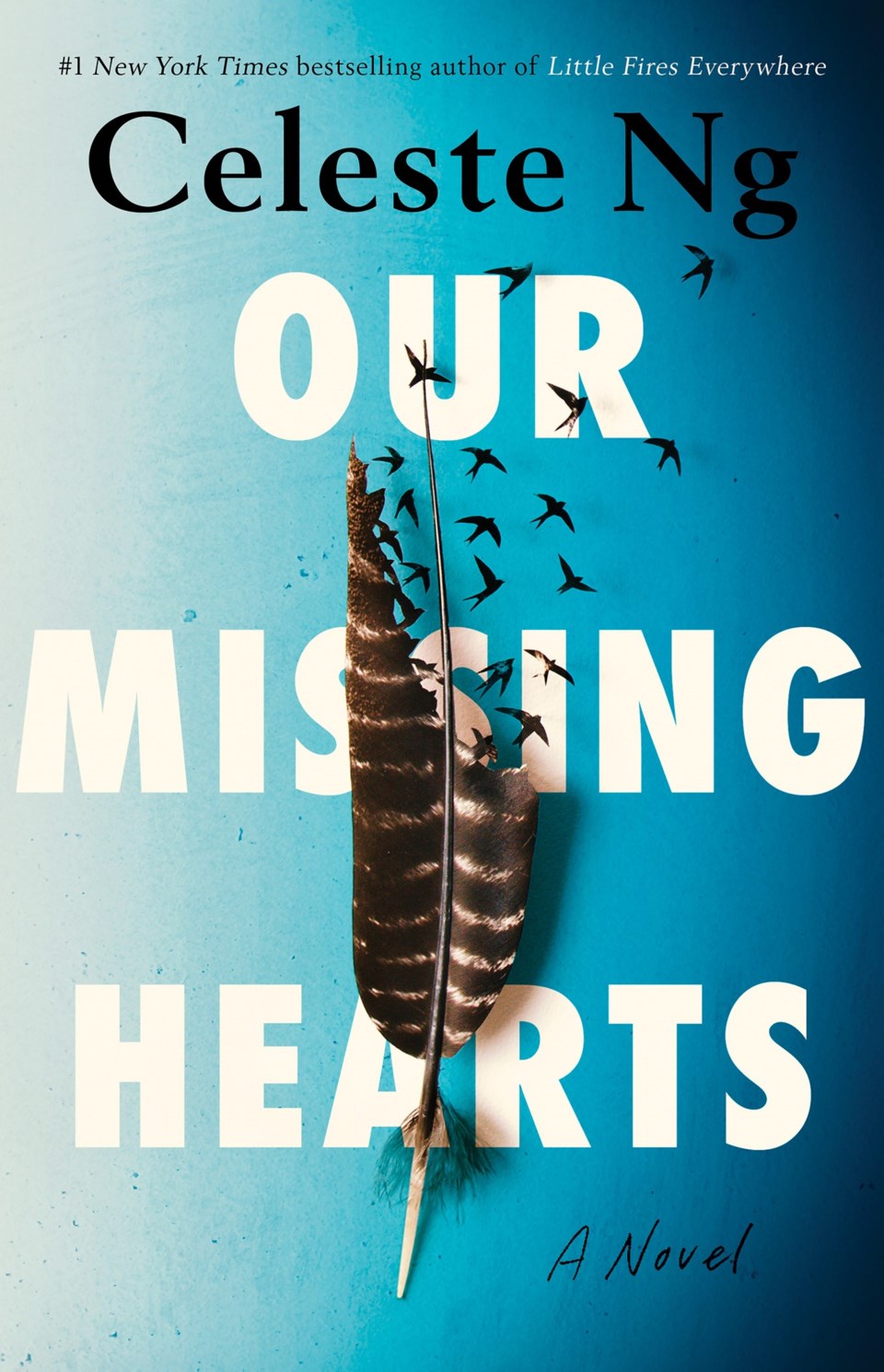“Our Missing Hearts,” by Celeste Ng (Penguin Press)
Celeste Ng takes us into a dystopian future where people are judged on their embrace of American "customs and traditions" and people of Asian descent are viewed with suspicion, sometimes even hate.
Noah Gardner is a 12-year-old boy living alone with his father Ethan three years after his mother, Margaret Miu, has left, her whereabouts unknown.
After a period of civil violence and economic hardship known as the “crisis," marked by widespread looting and cities set ablaze, a law known as PACT — Preserving American Customs and Traditions — requires people to adhere to strict rules of behavior.
Noah's father works stacking a dwindling supply of books at the university library as more and more books are banned. The family's only books at home are the least offensive imaginable — dictionaries.
Nicknamed Bird by his mother, the boy has promised to forget her, but cannot get her out of his mind after receiving a mysterious drawing of cats that recalls the fanciful stories she used to tell him.
He doesn't realize until later that the occasional protests he sees outside have been inspired by a collection of his mother's poems as people speak out against growing reports of children spirited away from parents judged insufficiently American, then placed with new families.
In this new order of things, librarians are heroes, running an informal network of information about the missing children, the details scribbled onto scraps of paper and pressed between the pages of the few remaining books.
Ng's first novel since her highly successful “Little Fires Everywhere" comes out shortly after the American Library Association warned about increasing book bans at public schools and libraries as groups increasingly try to keep books centering on racism, sexuality and gender identity out young people's hands.
Preliminary data released by the association in conjunction with Banned Books Week Sept. 18-24 showed there were 681 attempts to ban or restrict books this year through the end of August, putting it on track to exceed last year's final count of 729 attempts to censor library resources.
And just as books have long been banned in the United States, so have children long been taken from their families, as an older Choctaw woman looking for her own grandchild reminds Margaret in the book.
"You think this is something new?" the Indigenous woman asks Margaret, referring to the Indian boarding schools where boys and girls were “civilized.”
Anita Snow, The Associated Press



